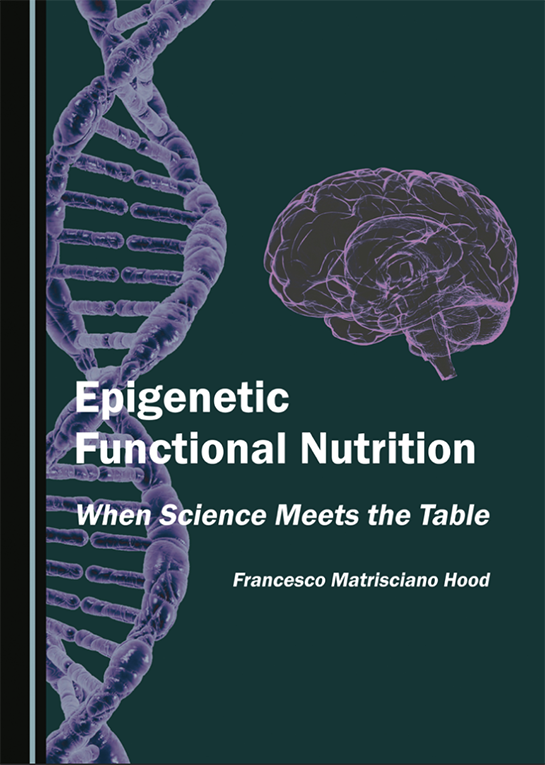Francesco Matrisciano Hood
College of Medicine | Psychiatry
Francesco Matrisciano Hood Heading link
Francesco Matrisciano Hood
Francesco Matrisciano Hood is a psychiatrist, neuroscientist, functional food scientist and researcher at University of Illinois, Chicago (UIC). He recieved his MD and PhD in Pharmacology from Rome University (Italy) and neuroscience researcher at University of Illinois at Chicago (USA). Certified Functional Food Scientist (“Functional Food Center” – Dallas, Texas) and co-author of Functional Foods and Mental health textbook. Author of articles on role of functional foods in postpartum depression, autism and schizophrenia. Epigenetic researcher at the Department of Psychiatry at UIC and extended interests to the epigenetic role of stress, schizophrenia, alcohol, and the role of bioactive compounds in functional foods for prevention and management of chronic diseases including neuropsychiatric disorders.
2

Francesco Matrisciano Hood
Epigenetic Functional Nutrition: When Science Meets the Table Heading link

Epigenetic Functional Nutrition: When Science Meets the Table
Cambridge Scholars Publishing
The epigenetic functional nutrition book contains the latest research evidence on the role of bioactive compounds in inflammatory-based chronic diseases and highlights the benefits of functional foods and their epigenetic effects in chronic inflammatory diseases including mental disorders. Bioactive compounds such as polyphenols, bioflavonoids, and phytonutrients exert antioxidants, anti-inflammatory and anticancer activities that might support and help our organism from the risk of developing inflammatory-based diseases. The epigenetic functional nutrition book combines the benefits of a functional diet, considered as a naturally grown, nutrient-dense, chemical-free, and mainly plant-based diet, with epigenetics, which consists of a complex molecular machinery finely orchestrated in response to environmental factors that regulate gene expression. Finally, this book aims to encourage people to adopt an anti-inflammatory diet rich in bioactive compounds that, by targeting epigenetic processes, may help to prevent and manage chronic diseases.